Hello, Gorgeous: Best Actress of 2023
 Saturday, March 9, 2024 at 10:00AM
Saturday, March 9, 2024 at 10:00AM A new series by Juan Carlos Ojano
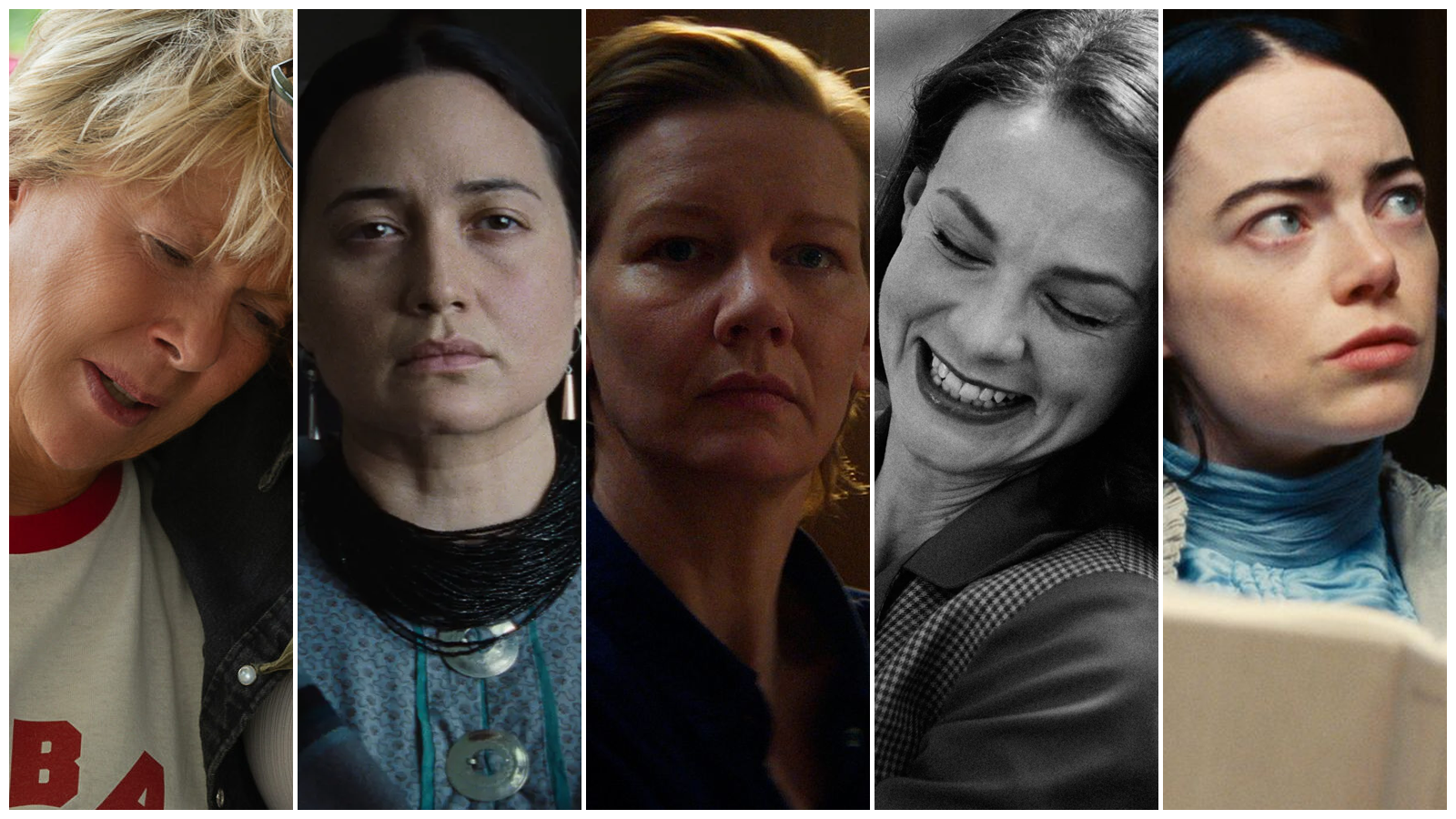
Hello, dear readers! It’s been a while since the last time I posted an entry to this series. I was busy completing my theater class, resulting in a final showcase open to the public. Let me start with that because our current nominees for Best Actress have all done theater in different points of their respective careers, something we do not always get to say about most groups of acting nominees in a category. Truth is that’s the only connective tissue I could find with these nominees because their character introductions are vastly different from each other.
Are you ready? The year is 2023...
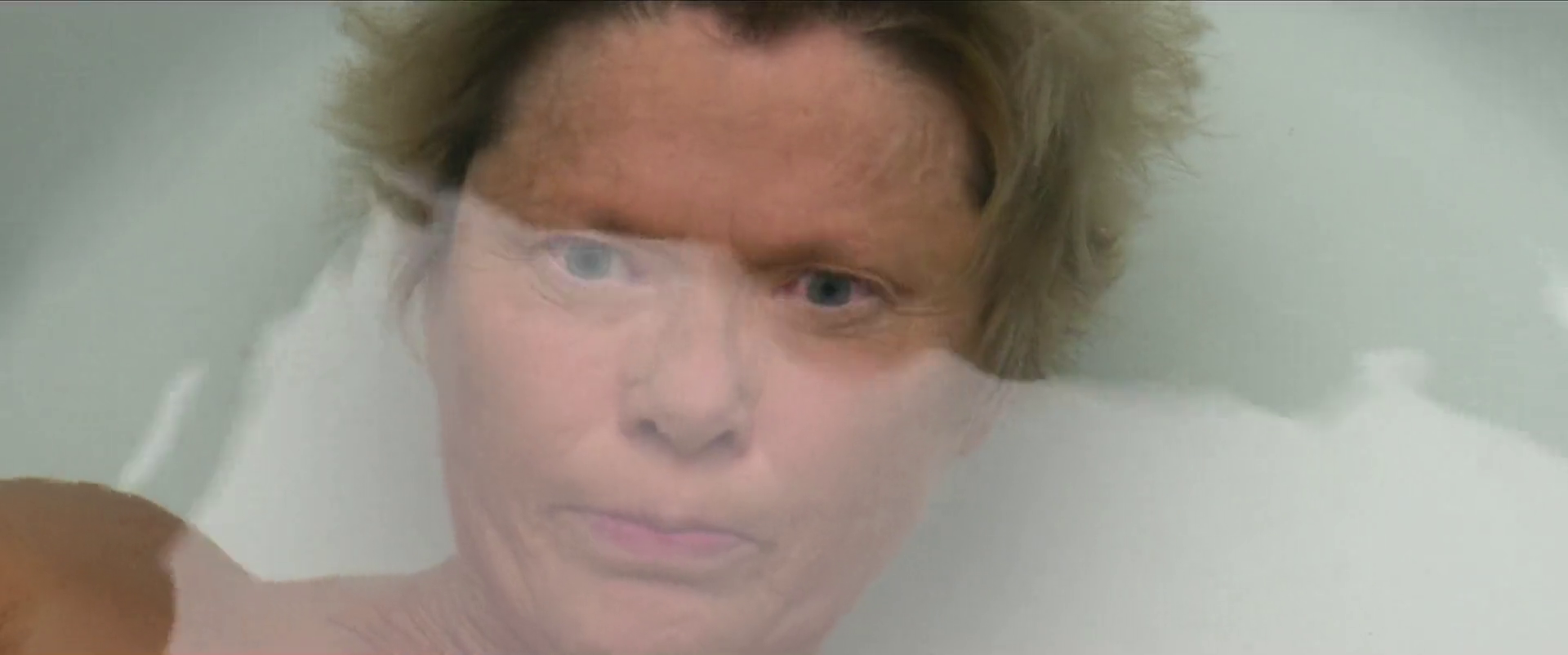
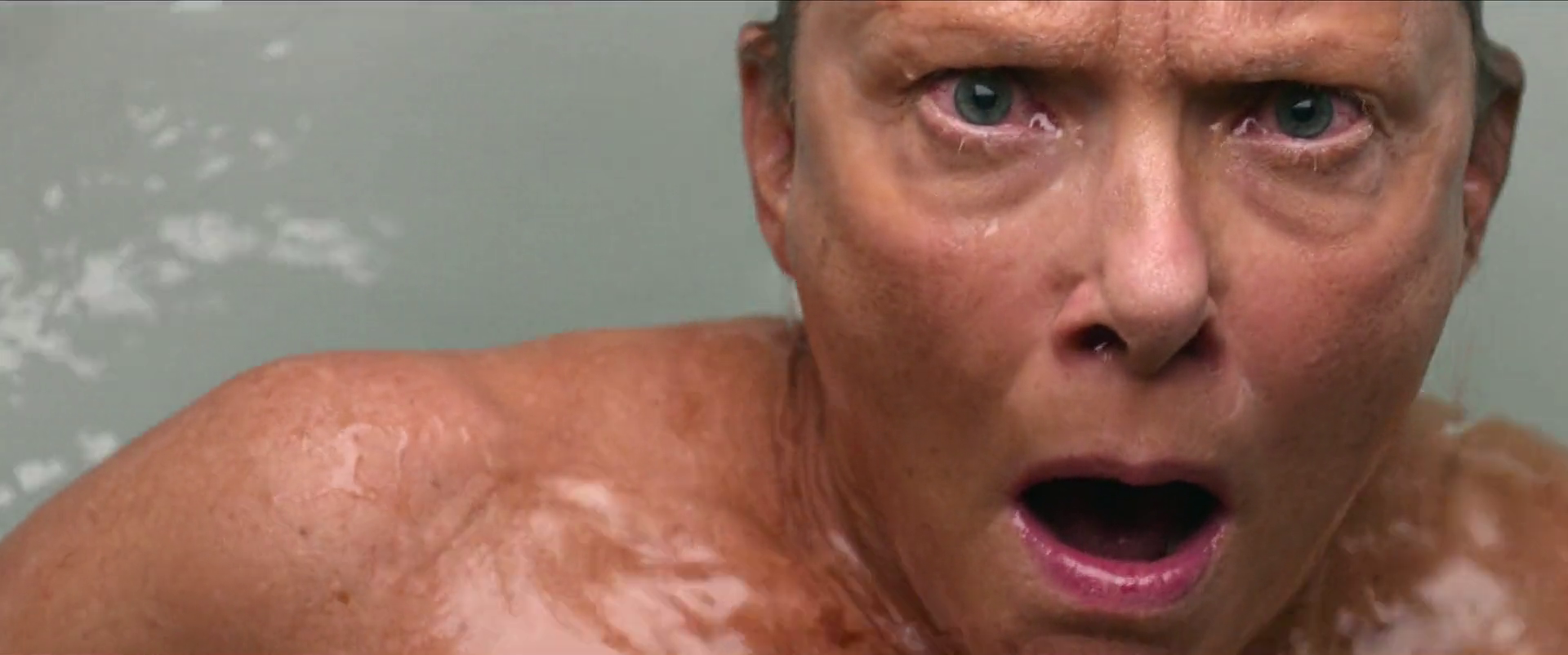
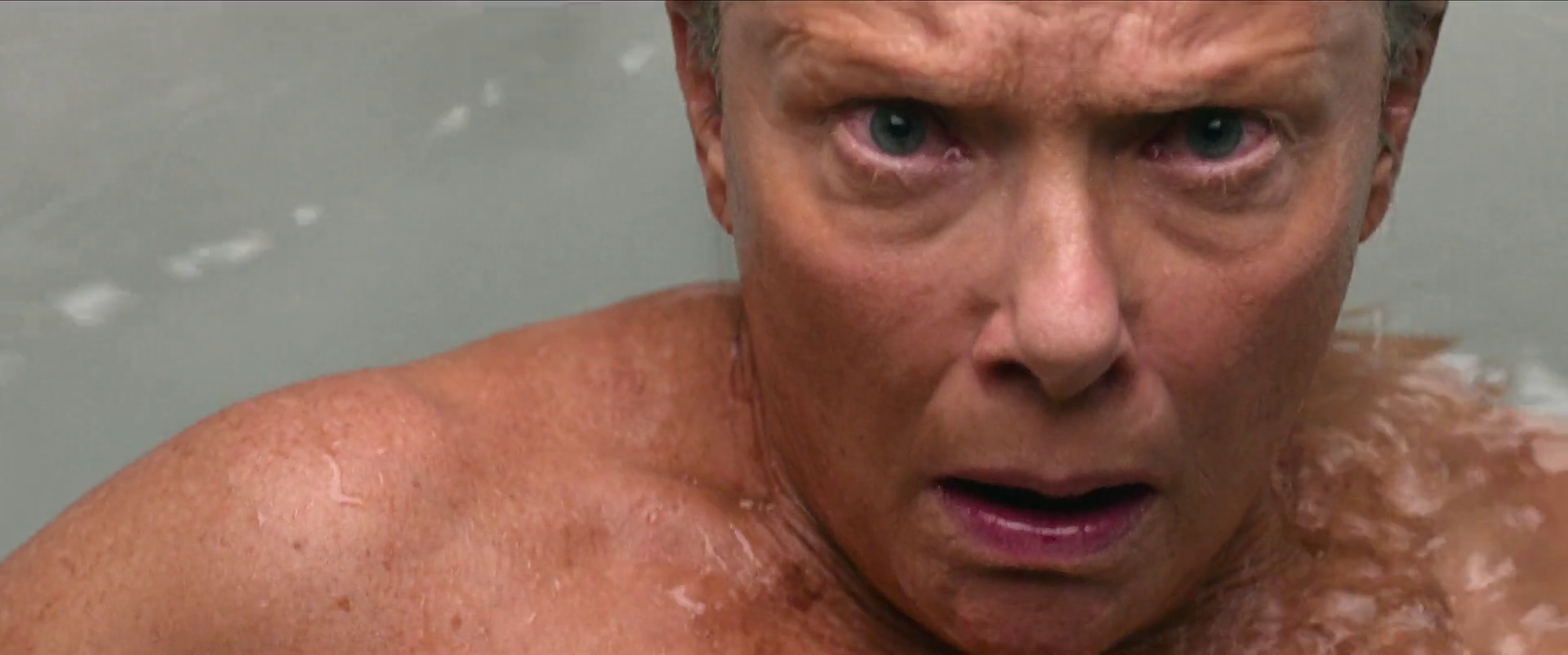
Annette Bening as Diana Nyad in NYAD
Directed by Elizabeth Chai Vasarhelyi and Jimmy Chin / Written by Julia Cox
After a montage of archival footage showing the real-life Diana Nyad’s multiple attempts to marathon swim from Cuba to Florida, we see Bening’s face as she holds her breath under bathwater in a tub. We hear voice overs of people saying what she could’ve done better in her previous attempts. She emerges to the surfaces and catches her breath as she looks at the camera.
While the directing duo foregrounds their background in documentary filmmaking quite well in the film’s opening - condensing years’, if not decades’, worth of personal stake for Nyad - the switch to the shot of Bening being underwater shows a lot about her character. She strives for excellence even if it verges on stubbornness. She likes to challenge herself even when unprovoked by external factors. The way she looks at the camera is confronting, the same way her character is about to confront a lot once she takes on this one unfulfilled dream that has been bugging her for the majority of her life. This moment also showcases the detailed makeup work that would also be key to understanding Nyad’s physicality in her journey.
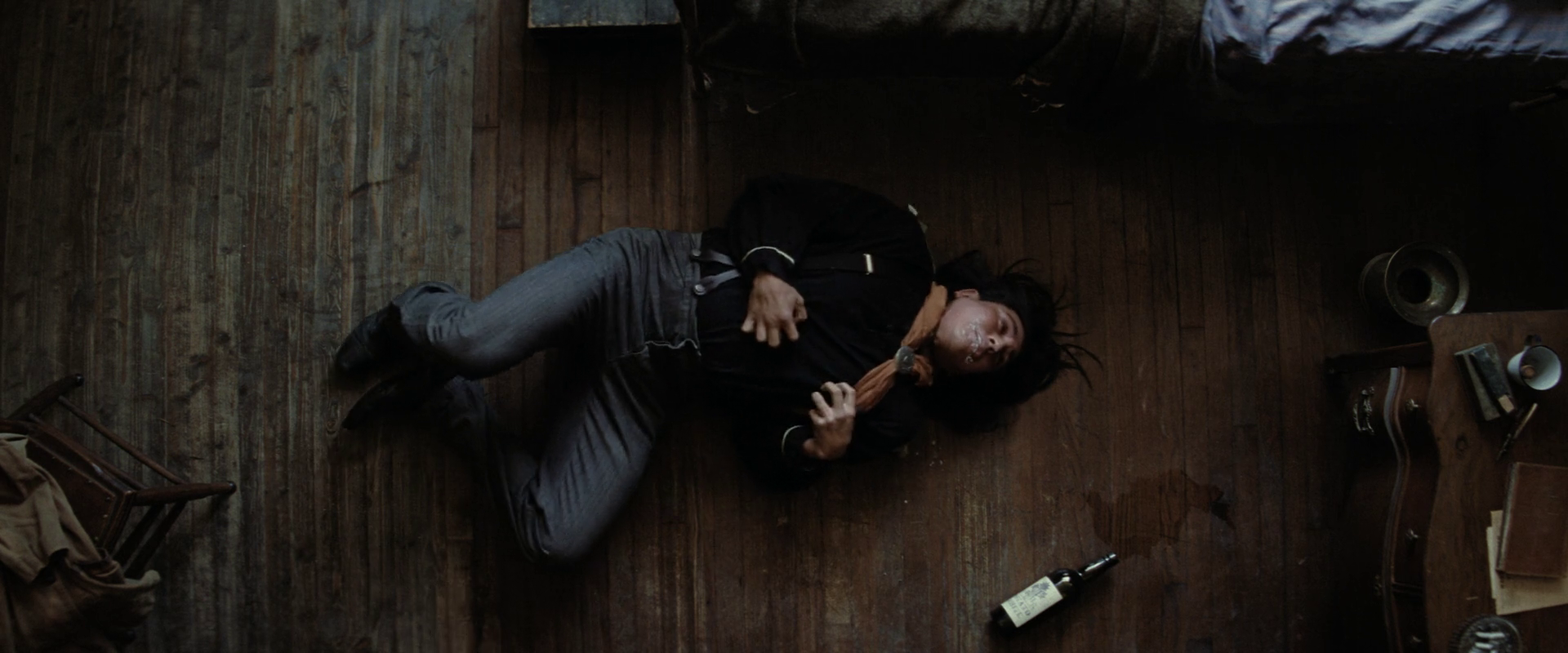
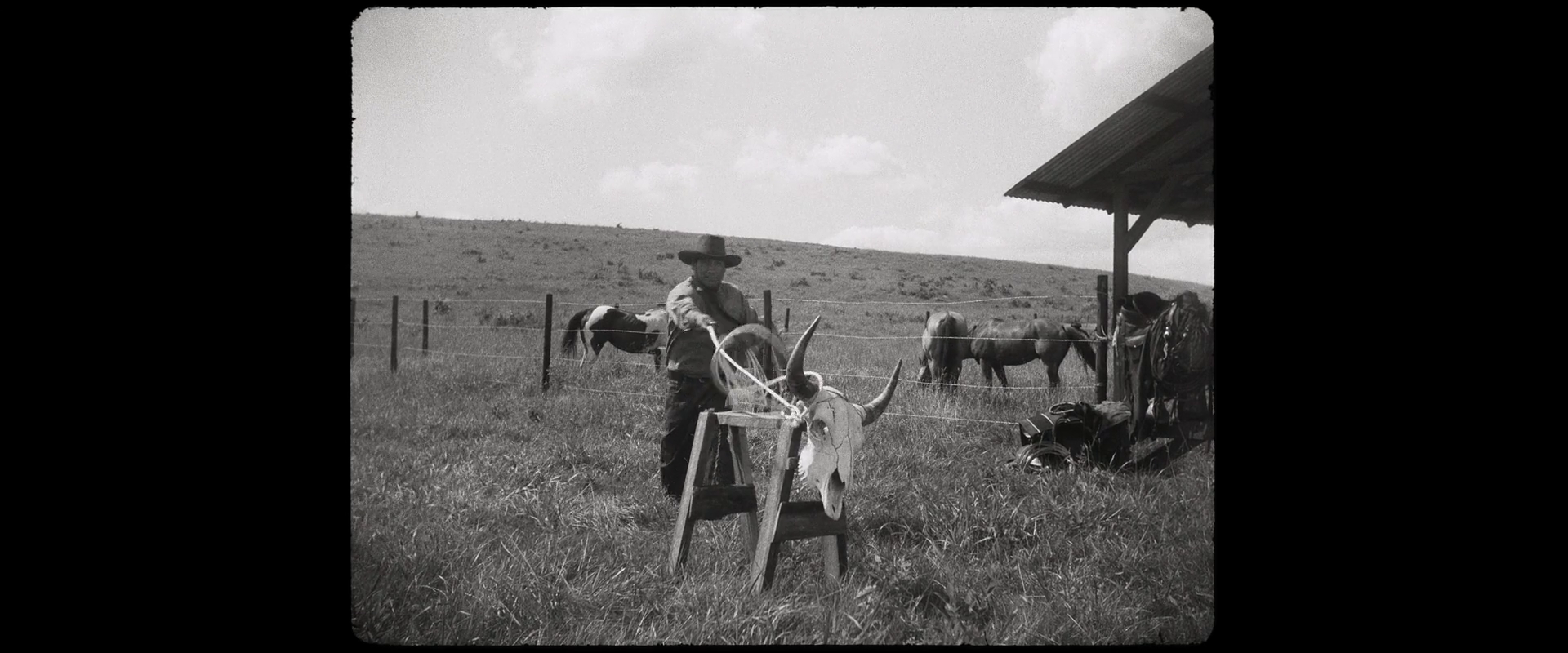
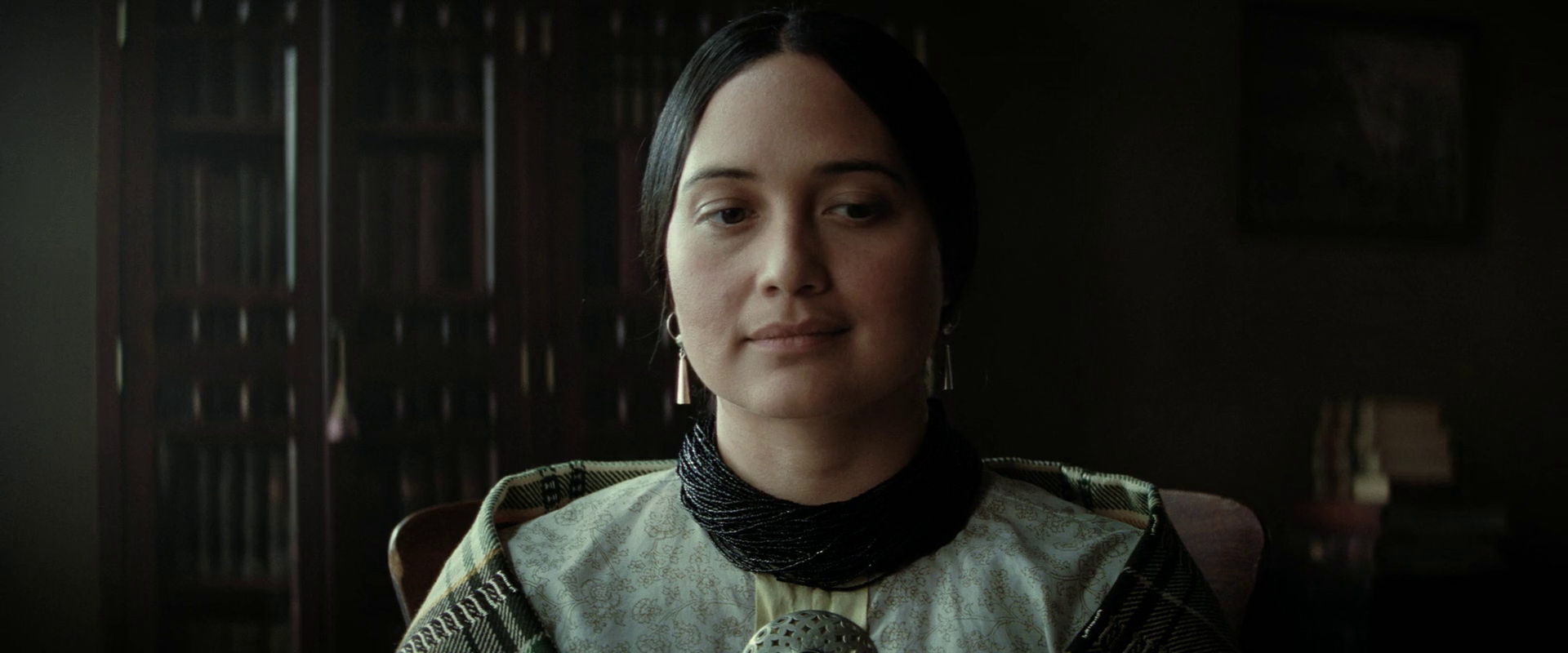
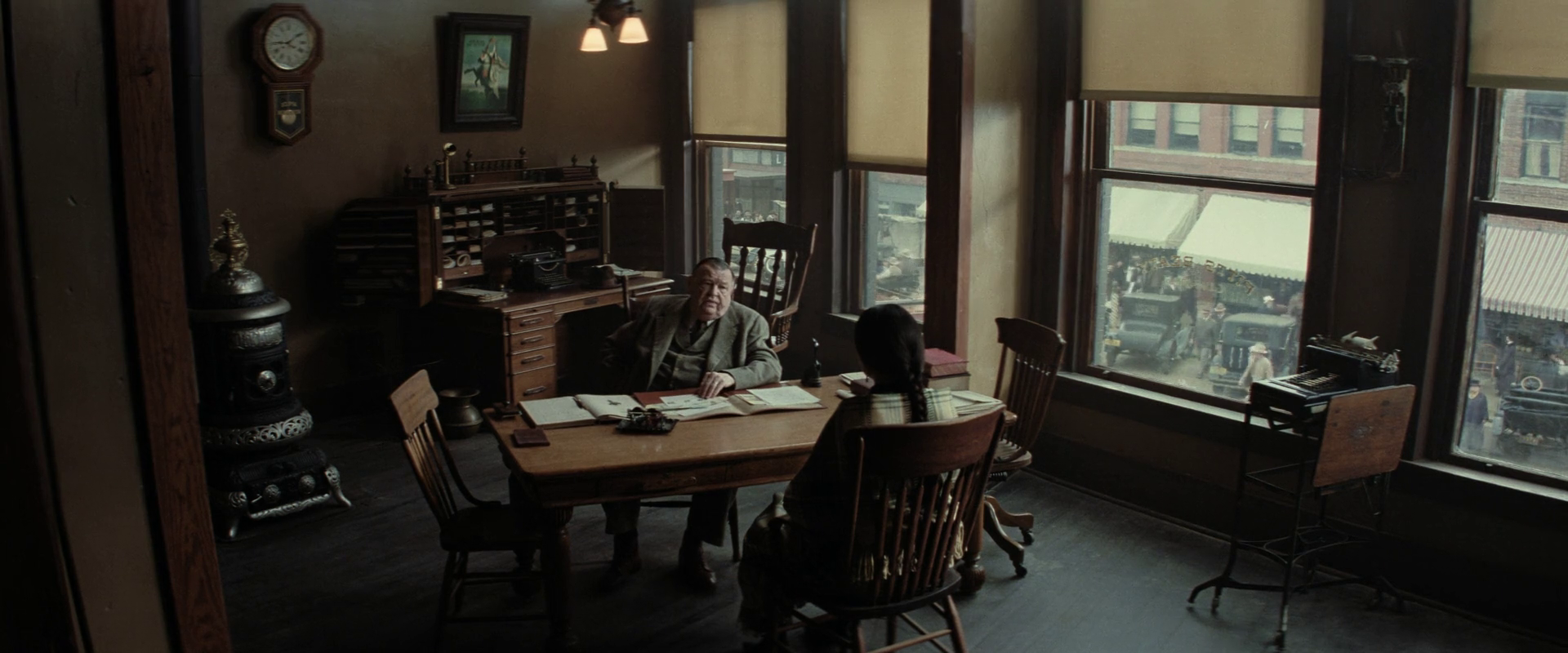
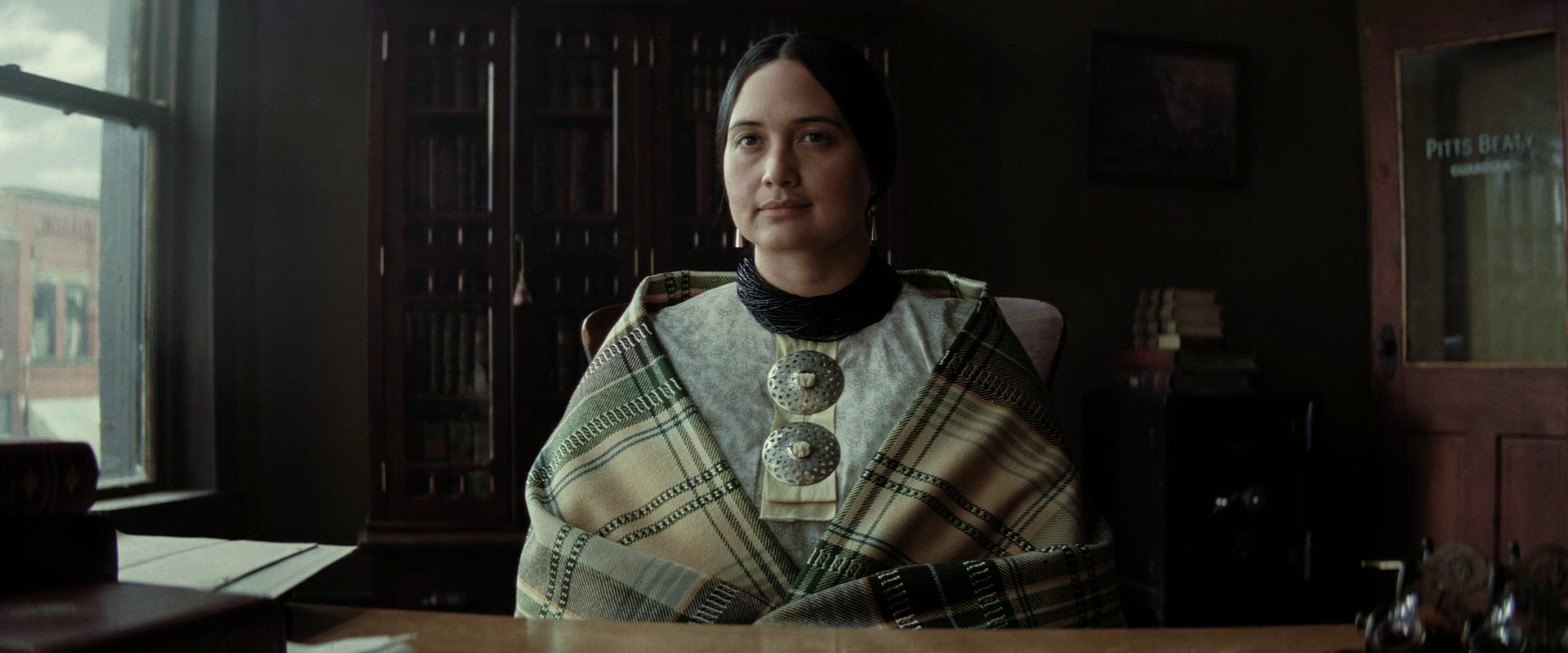
Lily Gladstone as Mollie Burkhart in KILLERS OF THE FLOWER MOON
Directed by Martin Scorsese / Written by Eric Roth and Martin Scorsese
A series of short scenes showing Osage people before and after they were murdered. Gladstone’s voiceover is heard during these moments, listing their names and then tagged with “no investigation”. The last woman, clearly murdered as shown in the scene, is tagged as “suicide”. Then we see Gladstone in a medium closeup, looking off-camera. When asked to state her name, she says “I’m Mollie Kyle, incompetent”. Reveal that she is sitting across a White man, her guardian, as he asks about requesting 752 dollars for a medical procedure. He continues to ask about her mother’s meat expenses. It’s a polite conversation. Later, we see her rushing to exit the office and slamming the door.
A character introduction that catches you off-guard with its structure. The first one is the voice-over work. This strategy has been present with most of Scorsese’s filmography. But the distinction here is who gets to do the voiceover: it’s Gladstone’s Mollie Burkhart. She is the one given the voice in this story, an inner life which would run in parallel with Ernest’s descent into evil. Her sorrowful voice, set against Robbie Robertson’s brooding score, sets up to the larger implications of these murders. But take Gladstone’s actual introduction and notice the difference. There is an alertness to her presence, one that is able to knowingly subvert her White guardian’s authority through put-on submission. She responds to her guardian’s condescending remarks with short remarks armed with flashes of polite smiles. Mollie is playing the White people’s game; she knows he thinks she’s dim and inferior and she leans into the performance of that to get what she actually wants. This regular navigation becomes the setup to why she would be open to the idea of marrying a simple-minded White man (Leonardo DiCaprio).

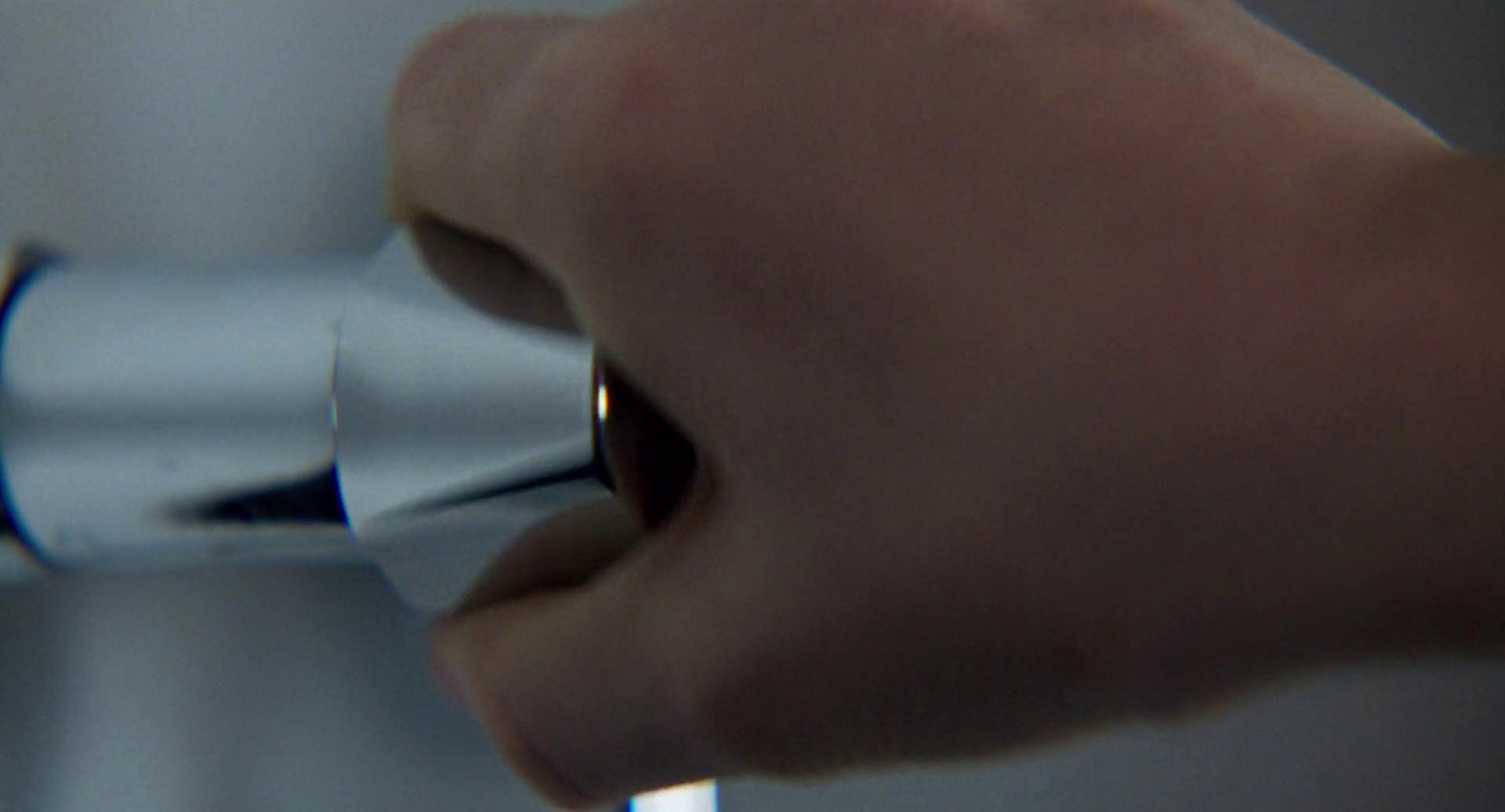
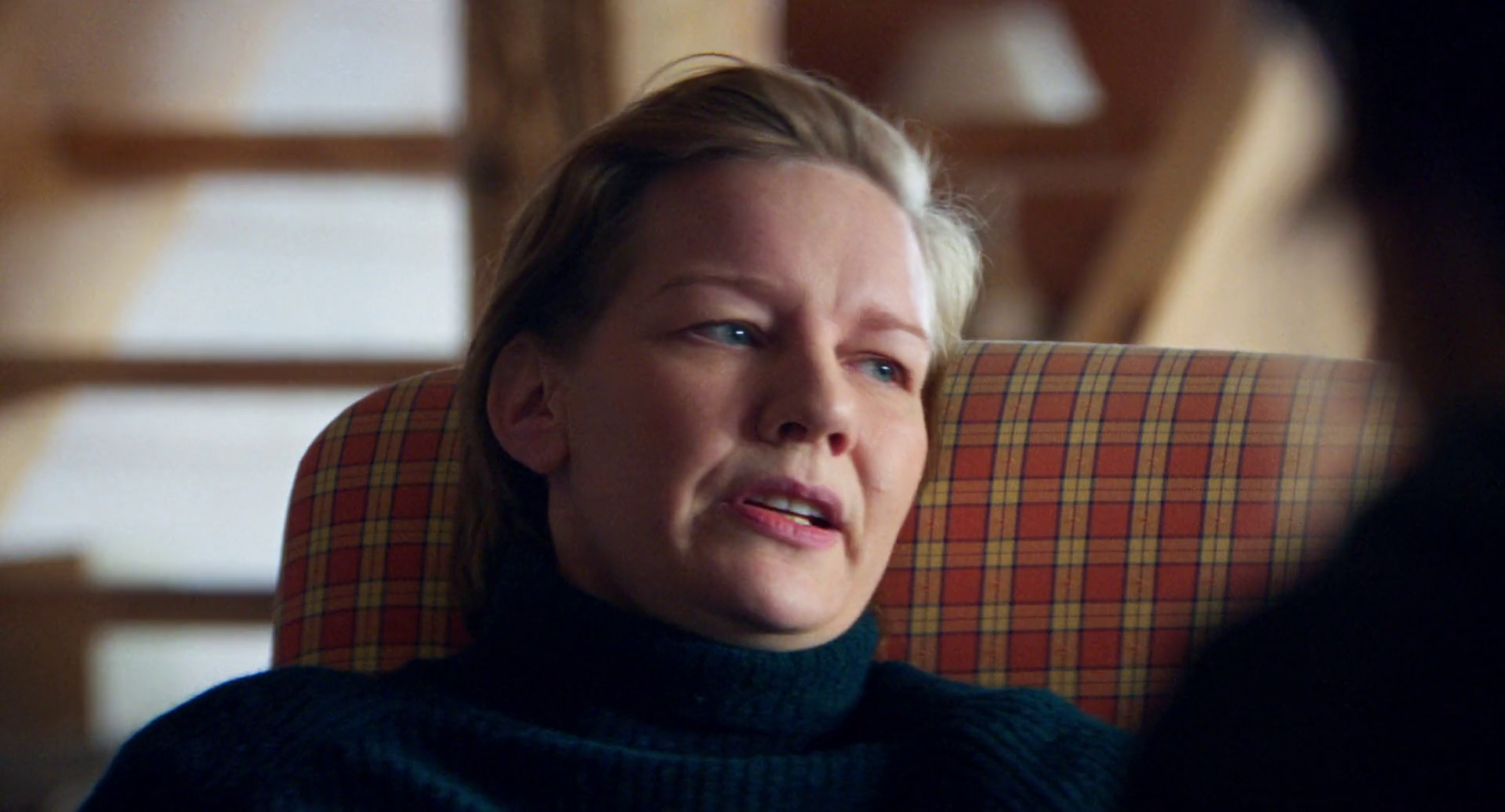
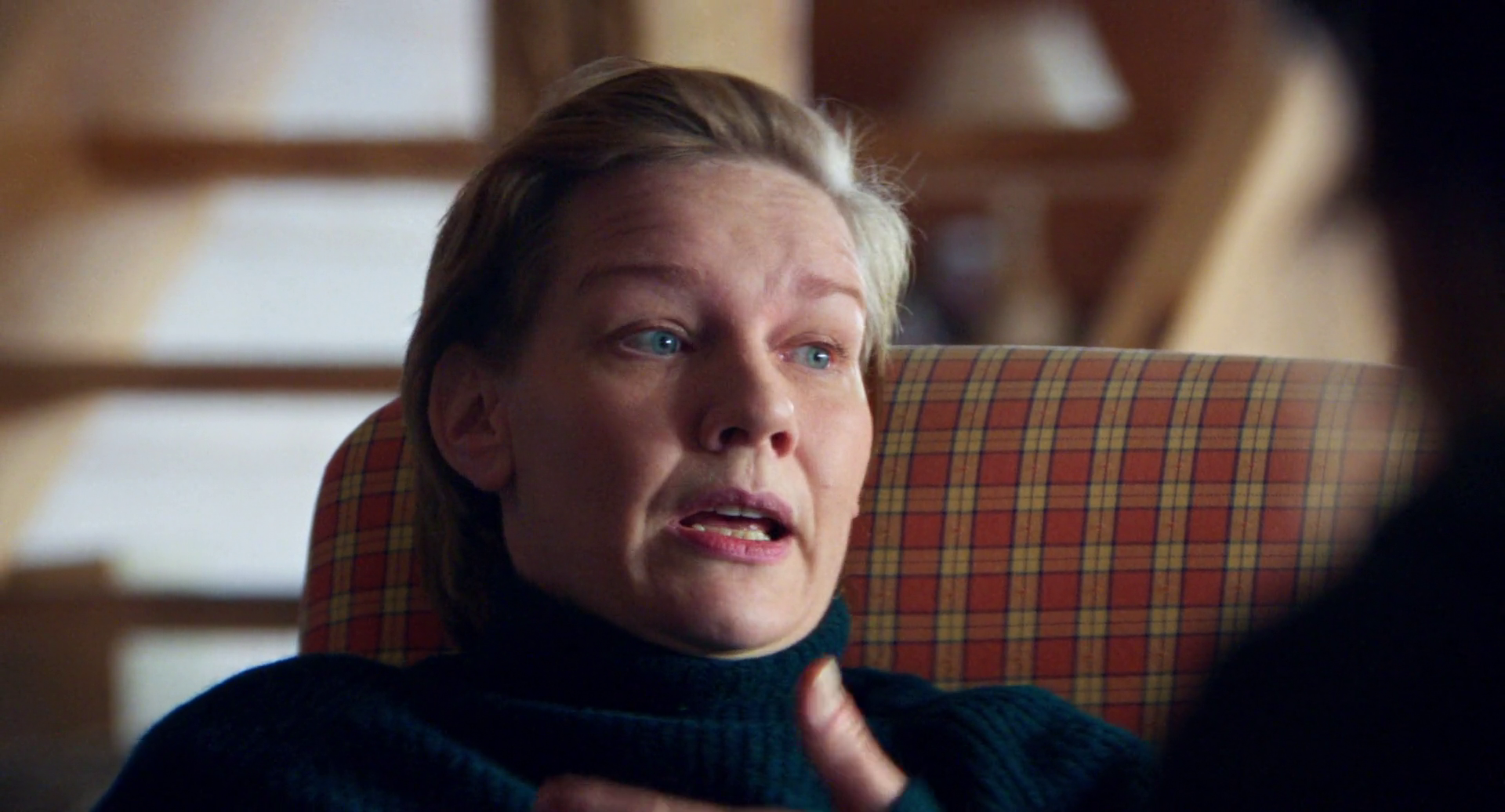
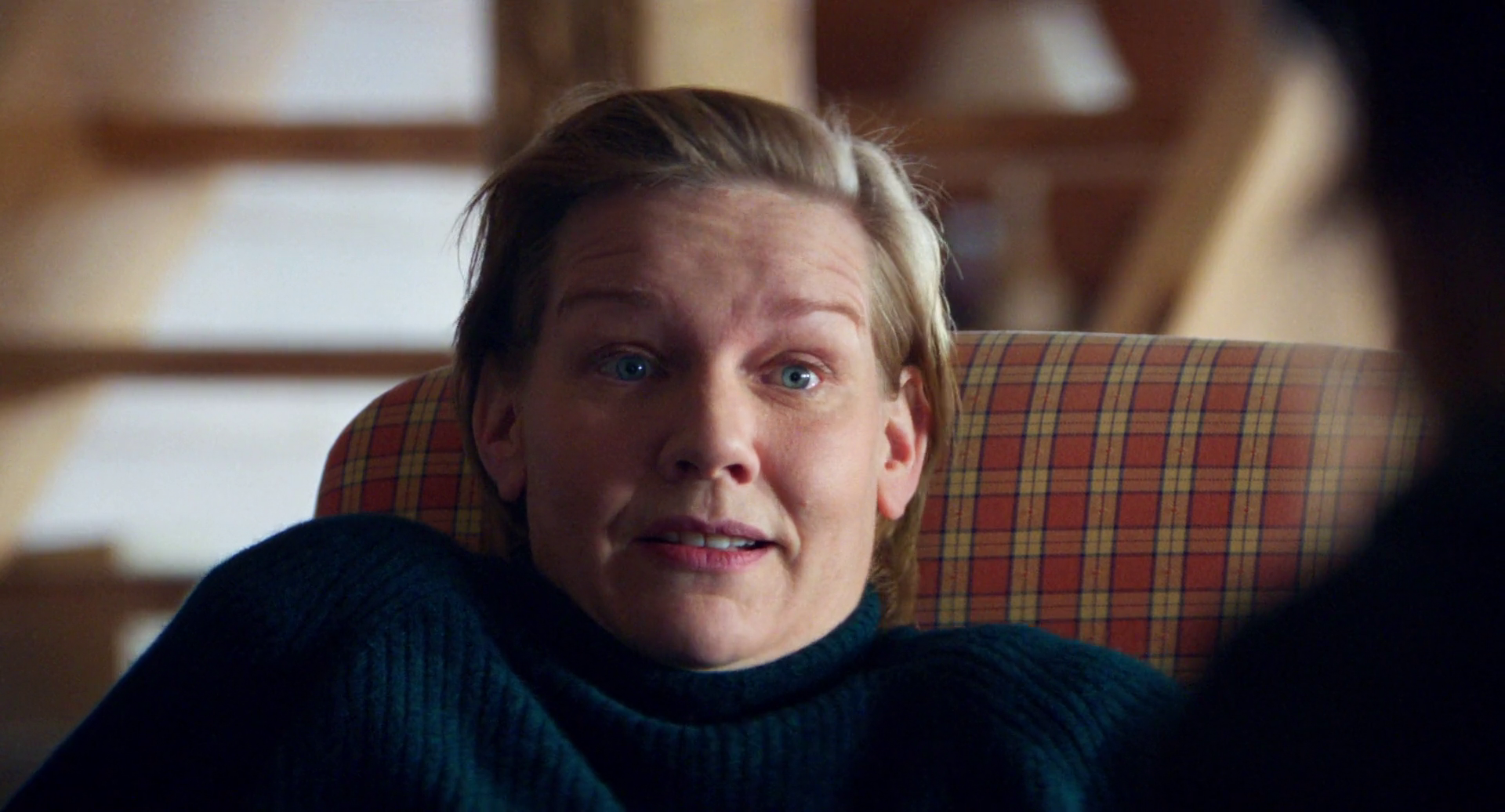
Sandra Hüller as Sandra Voyter in ANATOMY OF A FALL
Directed by Justine Triet / Written by Justine Triet and Arthur Harari
Black screen. A woman clears her throat and then says “sorry”. She then asks: “what do you want to know?”. Later, a boy tries to bathe his dog. We hear the interviewer ask: “do you think one can only write from experience?”. She replies “is that what you think?”. We go to an over-the-shoulder shot of Hüller (her face finally shown) as she explains her writing process to the interviewer (also a woman). The interviewer then asks her if it is her goal to let the audience identify where truth and fiction end in her books.
It’s a loaded introduction for this complex character. Triet delays showing Hüller’s face, but the surrounding circumstances are already laid out. The family dog and her visually impaired son would be key to the story yet to unfold, but even them are given first priority in being shown. And once we are shown Hüller, it’s in a moment of interrogation resembling what would unfold in court later in the film. No visual judgements rashly bestowed on Sandra. The film will delve on that later. Her process is being questioned by the interviewer, but even this conversation is continuously interrupted by shots of the dog and her son. A few moments later, her husband blasts the instrumental version of 50 Cent’s “P.I.M.P.”, turning this seemingly simple verbal exchange into something close to a pandemonium. This is a character that, amidst the noise and the probing in court and by the public, will have to make her truth known, whatever that actually is.
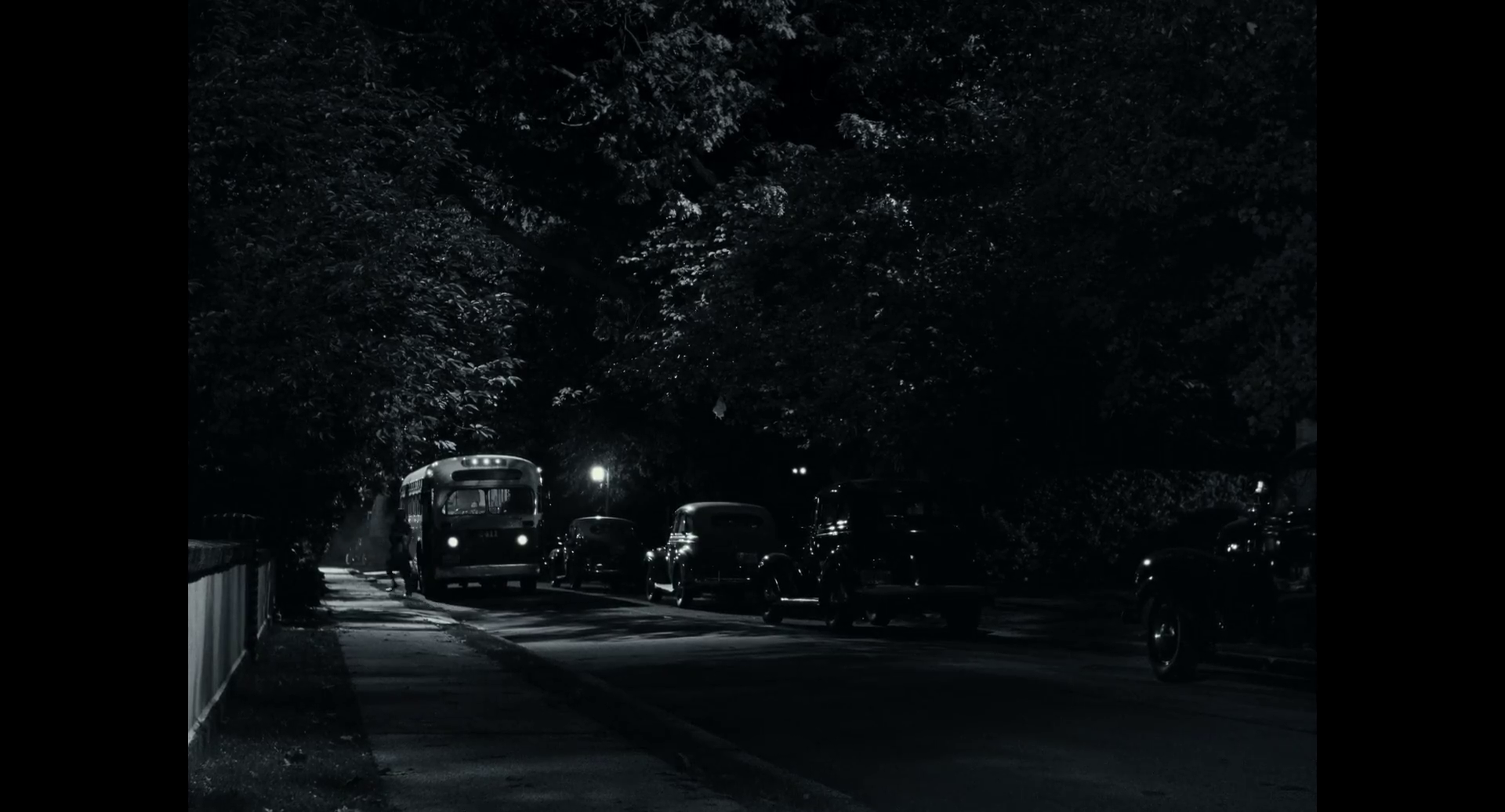
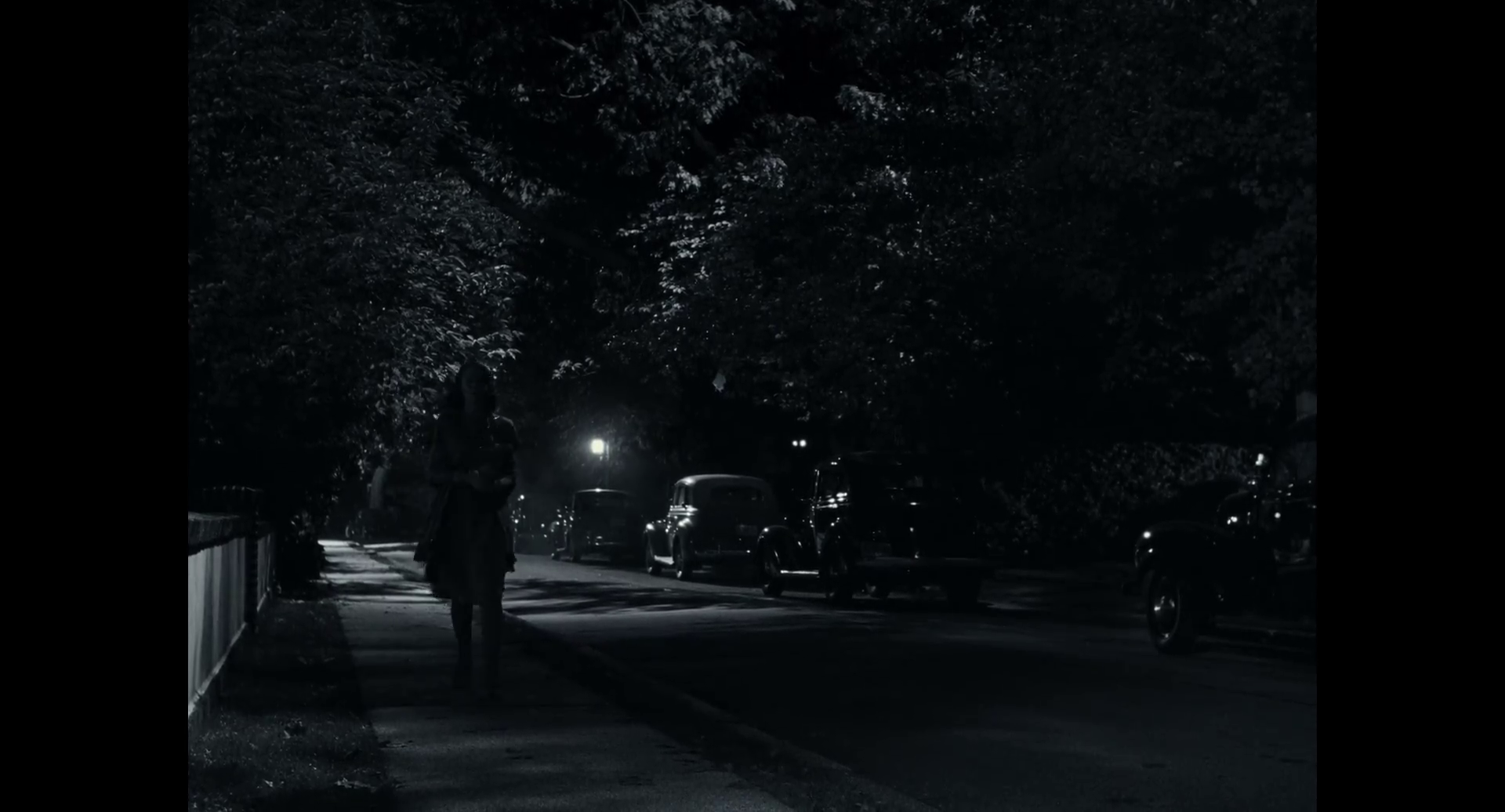
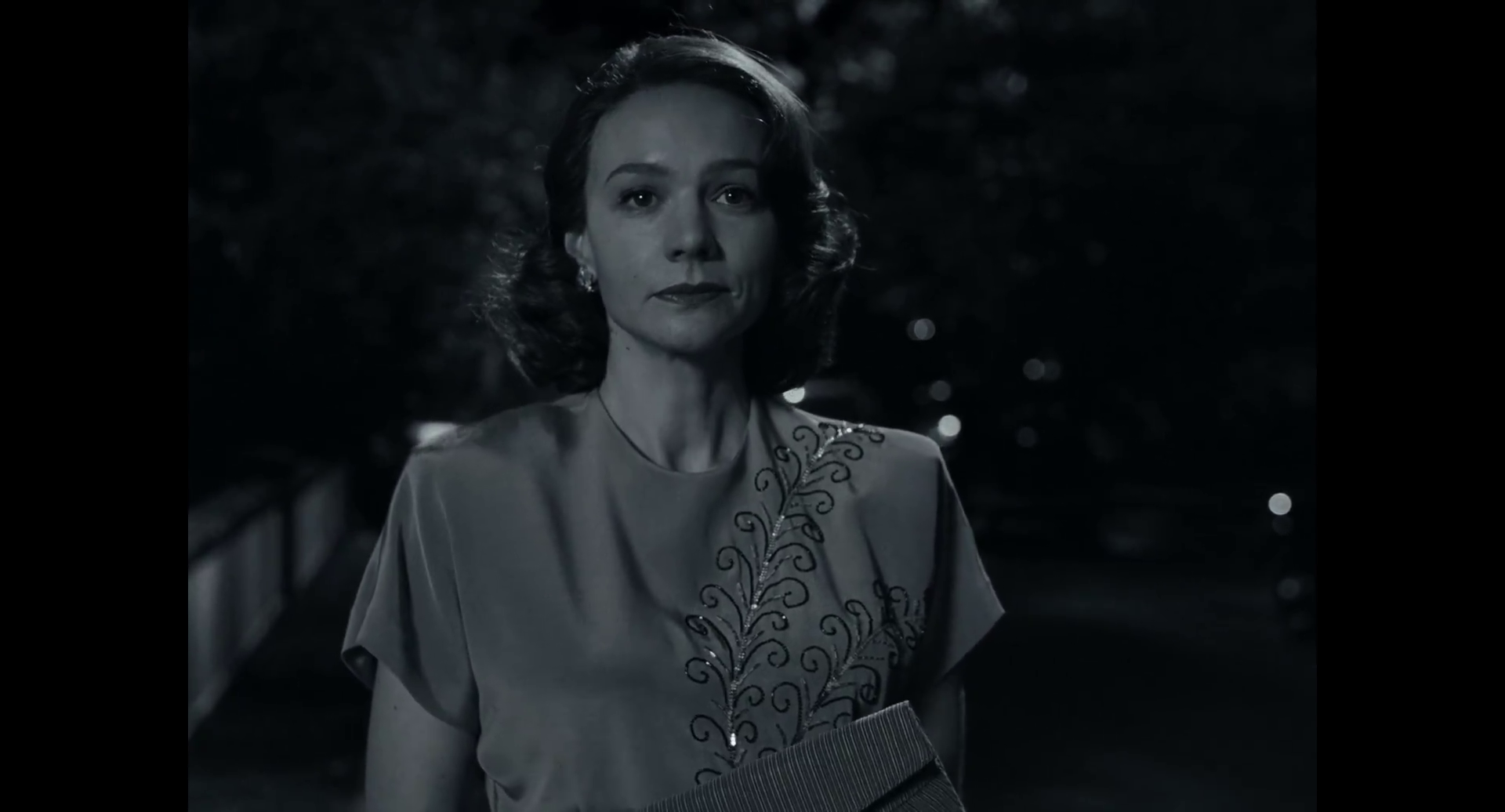
Carey Mulligan as Felicia Montealegre in MAESTRO
Directed by Bradley Cooper / Written by Bradley Cooper and Josh Singer
Wide shot, road with trees at night. A bus stops from afar. A woman alights from the bus and starts walking at the sidewalk, to the direction of the camera. As she gets closer, the shot turns into a medium shot of her: it’s Mulligan. She goes to a house where a party is being held.
This feels like a film star introduction from the classic Hollywood era, from the patience of the camera in capturing her entrance from afar right to the swelling music as she comes closer. This fits in what Cooper the director wants to evoke in this chapter of the film, stylistically at least. It’s a literal entrance in Bernstein’s life, an unassuming presence that will be major even before he knows it. Even Felicia is not aware of what will become her life’s trajectory in reference to Bernstein. This makes sense because the film posits this story as a story of two artists. This also becomes a visual representation of how one becomes a central character in a story that is yet to be told. The film may begin solely as Bernstein's story, but this introduction announces that Felicia is a force that is given the same importance in this story, turning this into a two-hander.
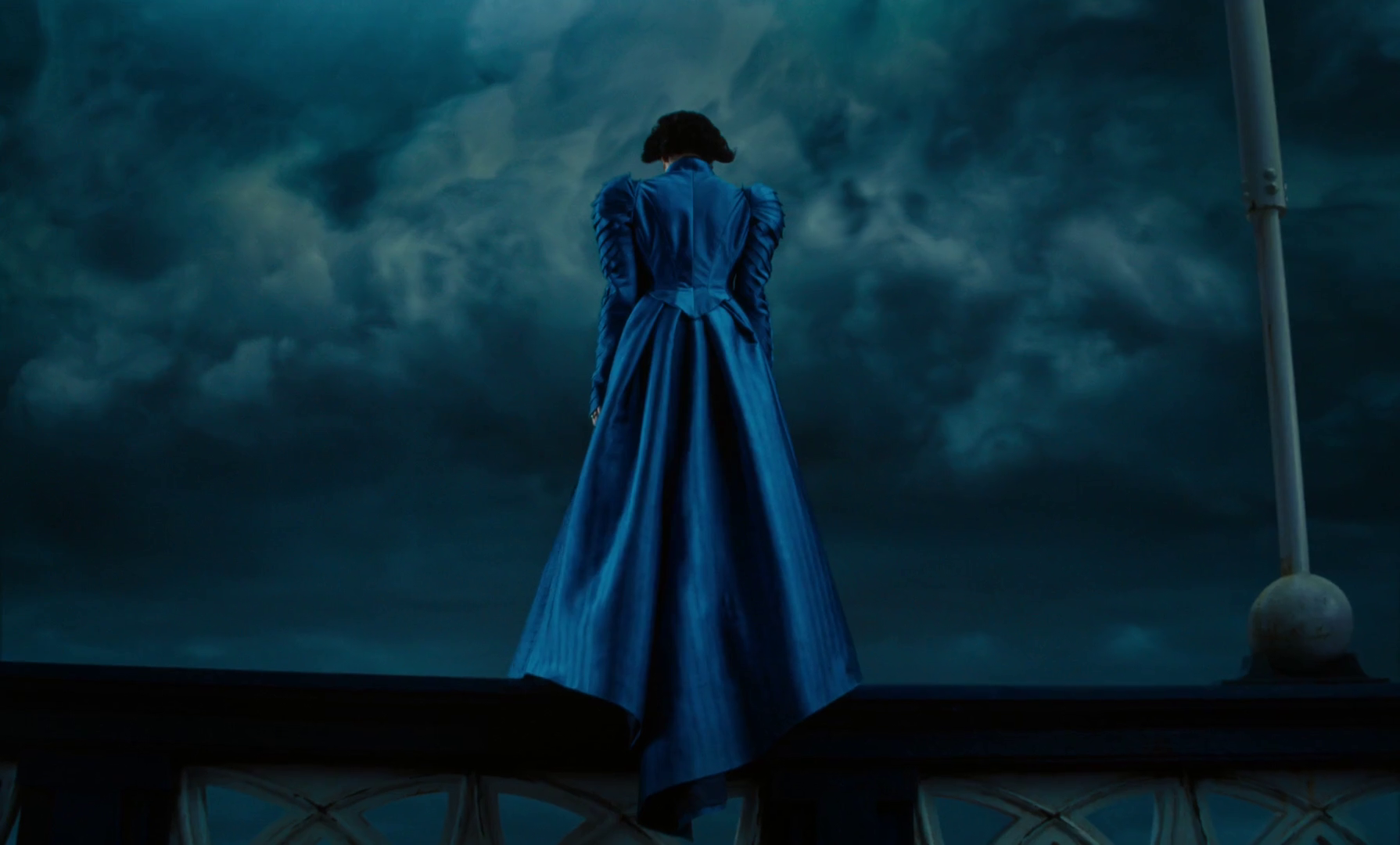
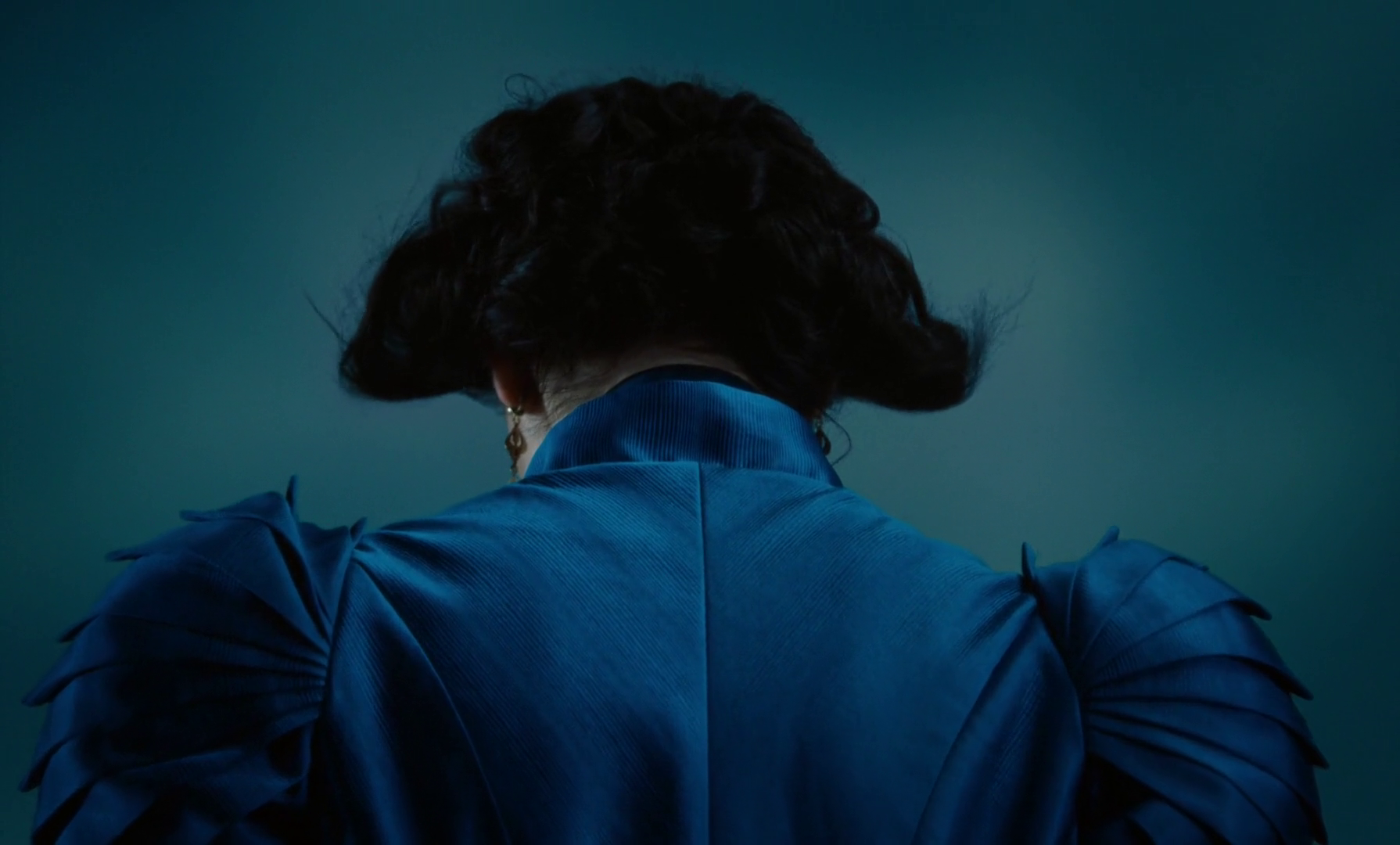
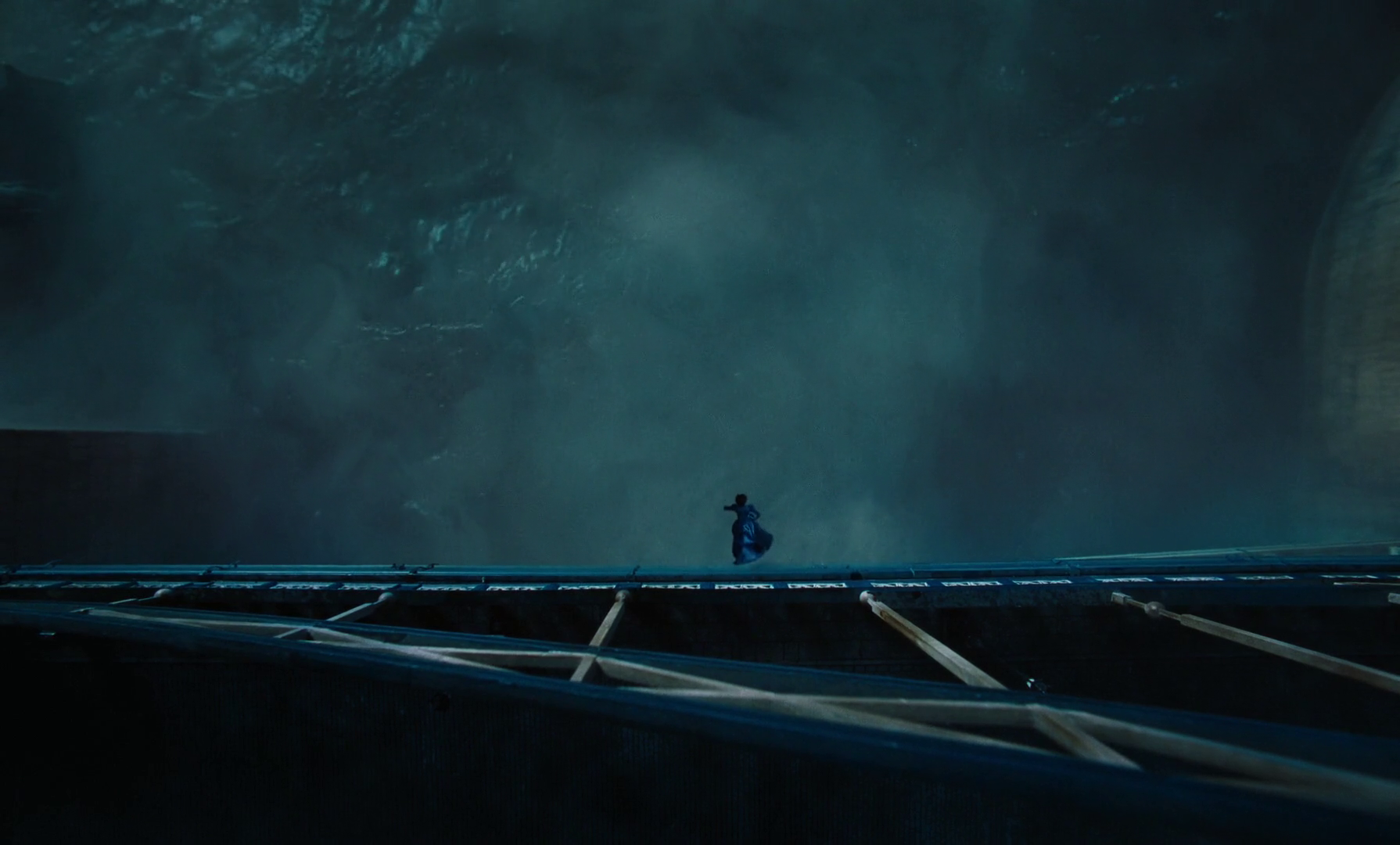
Emma Stone as Bella Baxter in POOR THINGS
Directed by Yorgos Lanthimos / Written by Tony McNamara
As seen from behind, a woman in blue is standing on a ledge against a moody sky. The camera slowly zooms in on the back of her head. Once she goes down and exits that shot, it is revealed that she just jumped off of a bridge and makes a splash once she hits the water down below.
Lanthimos lays the film’s foundation with this opening shot. This ominous shot gives context to what would become of Bella’s journey as an individual and as part of the overall narrative. It is jumpstarted by tragedy, of overwhelming misery (the blue dress on the blue sky makes this very clear). This grounds whatever big swings it takes, by the film and Stone (the actor), especially when it comes to her evolution. Context is key in understanding this new person and her second chance in life; she is coming from a place of pain (even if she doesn't remember that the most part). Not by coincidence, this moment of mortality segues into the rebirth that this woman would experience (she literally falls into the water and is later taken from it). And she literally thinks the man who saved her (though she doesn’t know that) is God. The camera also already directs our gaze to the back of her head, a signifier of what will be done to her even before the procedure done to her is revealed. Also, the film will circle back to this moment quite a few times as well as during its climax.
Any other observations from these introductions? Whose introduction was your favorite? Let us know in the comments.
Previous Episodes: 2015 | 2016 | 2017 | 2018 | 2019 | 2020 | 2021 | 2022



Reader Comments (8)
There's no competition. Gladstone has the best intro hands down with that montage and the voice over. Oh, Martin <3. That's Cinema ladies
It's interesting cause is a thrilling lineup but aside Lily's one the other intros are not so exciting.
Bening intro made me laugh a lot
I think Bening's performance has been underrated by so many. It reminds me a bit of Albert Nobbs in that the overdue lead role was found to be too underwhelming by some and upstaged by the supporting role. She made the swimming aspect of the role look natural and easy, when in fact there was a high degree of difficulty.
Mulligan's entrance is wonderfully classically cinematic and beautiful, but Gladstone's intro is an unforgettable punch in the face. Hugely powerful. Clearly outlines both her and the film. Have to go with that one.
SPOILER ALERT
SPOILER ALERT
SPOILER ALERT
SPOILER ALERT
One of the things I love about the Poor Things moment, beyond the striking beauty of the composition, is that it's not an introduction to the character Bella Baxter, but rather to Victoria Blessington, the woman who attempts to take her own life. And because of the way it's shot, we may not even be seeing Emma Stone. This could be a body double, which would not be at all inappropriate to the themes of the film.
Huller so much in that opening scene is essential whilst watching later on,that music would make anyone mad.
Gladstone is almost a ghost in her intro and the performance never ever goes pyrotechnic.
Bening I hate to say this but from that scene I kind of knew we weren't going to get a good performance,I think she mugged way too often,this has to be bottom tier.
Mulligans intro is ok but nothing astounding.
Stone A direct life from 1992's Bram Stoker's Dracula.
Looking at the numbers Annette Bening should win the Oscar. In Academy history, 35 actresses have received five or more nods. Of those, only three living women failed to snag an Oscar (Glenn Close, Amy Adams, and Michelle Williams).
This is Bening’s fifth nomination. Diana Nyad took five tries to complete her swim from Cuba to Florida. In the film’s lovely moment of foreshadowing, Nyad is locked out of her hotel room by a key card. She only manages to open the door on that fifth try.
I hope Bening is successful Sunday on her fifth attempt.
Hate to say it but with these actresses who don’t work or challenge themselves very often (Bening, Foster, Pfeiffer) you feel the rustiness onscreen. They finally get a Chéri or a Nyad and it’s like…hmmm.
But then there are actresses like Nicole who work way too much and lose their grip. So I dunno what the perfect working rhythm is.
High quality online course proxy http://www.wangkedaixiu.com/wkds/
services will ensure the originality of homework and exams, prevent plagiarism, and provide quality assurance.